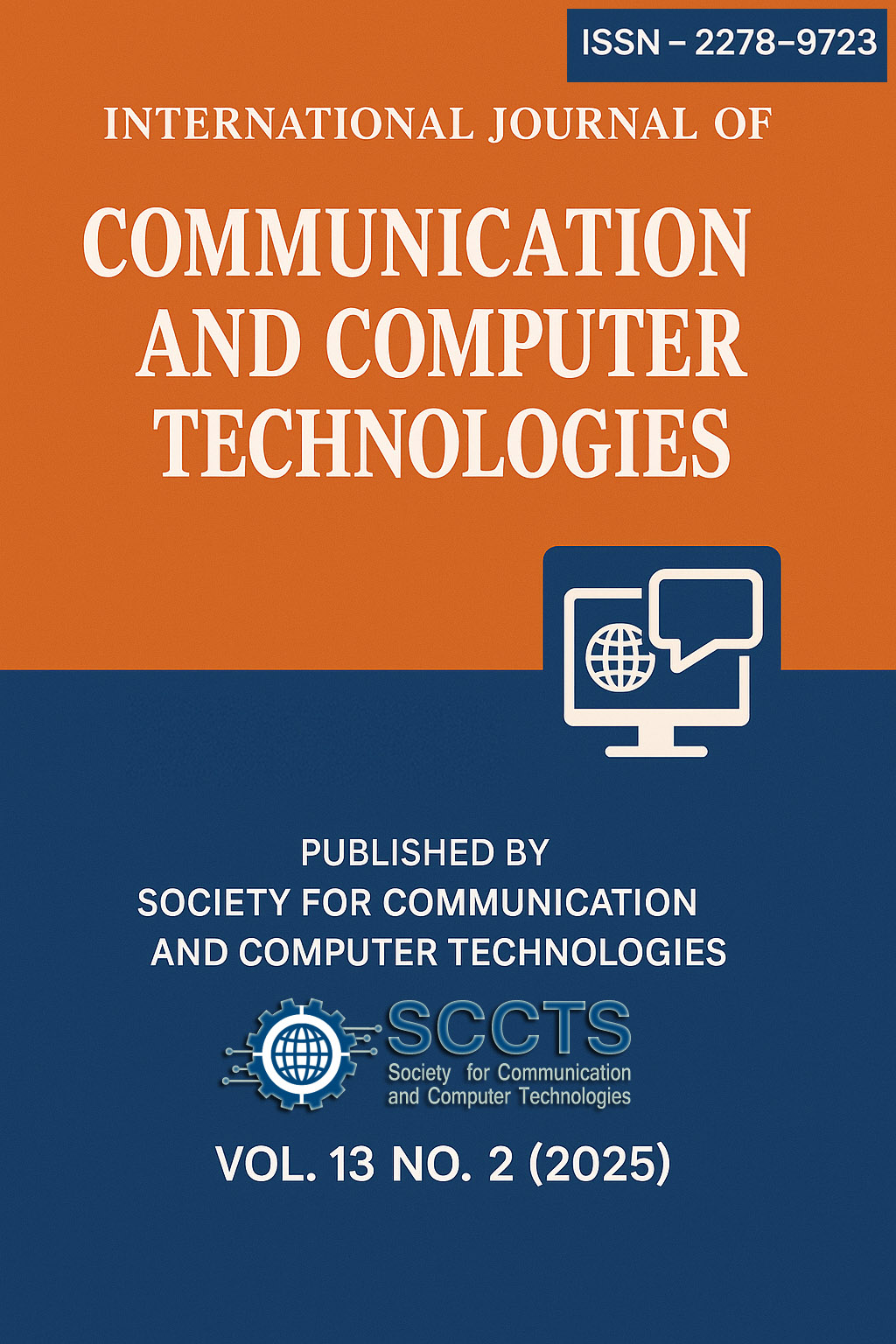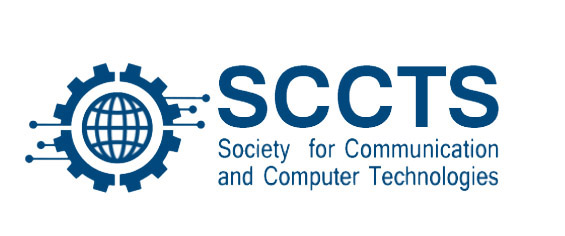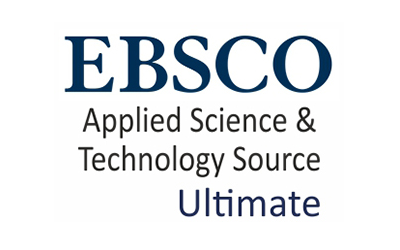Analyzing Security of Single Sign on System through Advanced Encryption Standard
Keywords:
Authentication, Attacks, Decryption, Encryption, Single Sign onAbstract
Single sign-on mechanisms allow users to sign on only once and have their identities automatically verified by each application or service they want to access afterward. Most of current application architectures require the user to memorize and utilize a different set of credentials (e.g., username/password or tokens) for each application he/she wants to access. In this paper, however, it is shown that their scheme is actually insecure as it fails to meet security during communication. This paper illustrates the Chang & Lee scheme and it aims to enhance security using AES encryption and decryption. The Advanced Encryption Standard (AES) is a specification for the encryption of electronic data recognized by the U.S. National Institute of Standards and Technology. It is expected to become the accepted means of encrypting digital information, telecommunications, including financial, and government data.
Downloads
Published
How to Cite
Issue
Section
License
Copyright (c) 2023 International Journal of communication and computer Technologies

This work is licensed under a Creative Commons Attribution-NonCommercial-ShareAlike 4.0 International License.




 The articles in Worldwide Medicine are open access articles licensed under the terms of the
The articles in Worldwide Medicine are open access articles licensed under the terms of the 